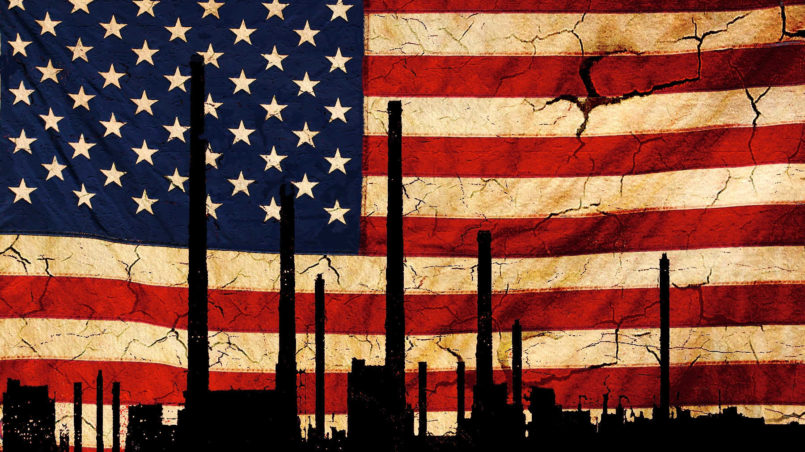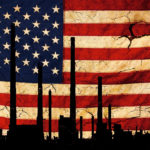The age of polarisation has returned

In the US, people get seriously injured whenever the controversial presidential candidate Donald Trump makes an appearance. Black fights against White in the discussions on police violence – there are casualties on both sides. In Brazil you will be beat up for wearing a red shirt (the color of the Workers’ Party). In Poland, hundreds of thousands are in the streets, protesting the government. In Turkey, the liberal forces had to go into hiding and leave the public space to Erdogan sympathizers. In the Philippines, there have been ten dead in the course of the presidential election. In the UK, the old vote for Brexit, while the young want to stay in the EU – yet failed to express this sufficiently at the ballot boxes. Across Europe, the refugee issue is dividing society. And even in otherwise sober Austria, the mood in the federal presidential campaign has rearely ever been as heated, especially in the social media.
Where does this trend originate? Who is to blame? Is it the gap between rich and poor that keeps widening ever further, despite all the promises of those responsible? Is it the politicians and parties who, in the coalition work, rather rejoice in what they could spoil for the partner, than in what they themselves managed to implement for the country? Or is it the economic developments, including globalization, leaving many people as (perceived or actual) losers? Is it the populists who reel in electoral success in ever greater numbers with ever more rampant rhetorics? Or the media, who have always known that negative and polarizing messages translate to money much better than positive – and that Dancing Stars and Farmer Wants Wife (Bauer sucht Frau) have far higher ratings than Precht or Valid Voice (gültige Stimme)? Or does the majority of people just feel like getting into a proper row?
It is probably a combination of all. It can be observed in any case, that the polarization of society is progressing on many levels, making a longer reflection period on the undoubtedly great problems that we face today impossible. The policy – driven by crises and global economic interests – rushes from one quick fix to the next. Many a government leader tries to hide in time to avoid having to take responsibiltiy when rescue attempts fail – and to be able to point an accusing finger at those who have taken over responsibility, afterwards. There is hardly time to develop visions. Visions which would be especially important in a time when many people have legitimate fear that the future no longer looks quite as rosy as the last decades. This, in turn, serves the populists who carry their simple solutions out into the world with more or less media support. The fact that these recipes do not improve anthing long term, does not seem to be so important. As long as someone utters the opinion of the “little man”, possibly with many pithy violations against the allegedly dictated-by-the-goodie-two-shoes values such as decency. The often eloquent answers of the opposite side use traditional stereotypes (right-wing, xenophobic, intolerant) and are usually carried out reflexively in response to specific terms, without ever thinking about the statement itself. Rational voices drown in this cacophony, applauded by so many.
In the daily manipulation of truth through the media, politicians and so-called experts, it is difficult to identify the right path. Not everyone has time to be fully informed next to job and family. However, what each individual can do: keep a cool head. Emotions are in their right place at the football stadium and in love; when it comes to social and political issues though, they almost always lead to incorrect analyzes and reactions.
As the proverbial saying goes: The war of words prepares the ground for the war of arms. The events leading up to the first World War and the important role of the media should be a warning to anyone. It would be good if those in charge, as well as ordinary citizens were to turn back to the path of cultivated discussions as soon as possible. That may be boring for the media, yet in consequence offers the best chances of peaceful coexistence and acceptable solutions.
Translation from German: Serena Nebo
Credits
| Image | Title | Author | License |
|---|---|---|---|
 |
Cover PIC | AK Rockefeller | CC BY-SA 2.0 |
